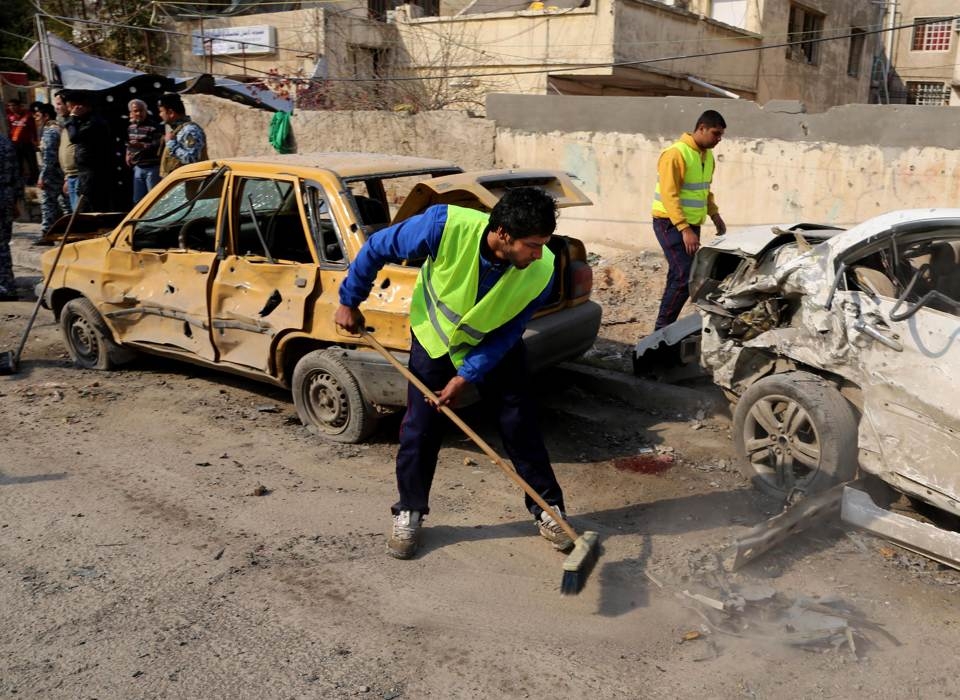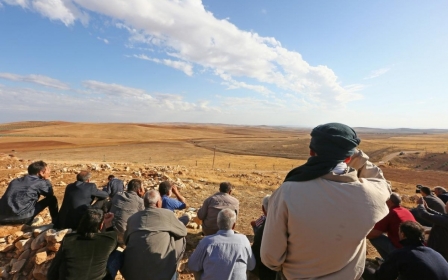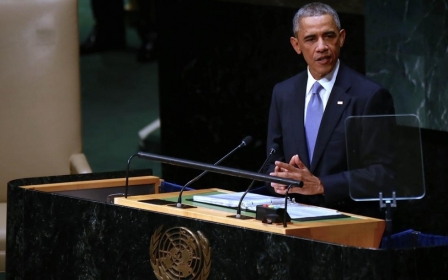Car bombs kill dozens in central Iraq as army makes gains in east

A bloody day in Iraq on Tuesday has seen some 30 people killed in separate bombing attacks in central areas, while in the eastern province of Diyala Iraqi army forces claimed to have killed 100 Islamic State militants.
The commander of operations in the province told Anadolu Agency that his forces had been able to clear 16 villages of IS fighters on Tuesday.
Further east, a string of car bombs across central Iraq killed scores of people, and left tens injured.
The capital Baghdad suffered the heaviest toll, with a wave of explosions in various areas of the city leaving 11 people dead and at least 40 injured.
In Karbala, a Shiite shrine city around 100km south-east of Baghdad, a car-bomb blast killed eight people and injured 16.
Six of those who died were civilians, while two police personnel were also killed, according to a security source who spoke to Al-Jazeera.
50km south of Baghdad, a second booby-trapped car killed five civilians and injured 13 others in the small town of Alexandria.
A fourth separate incident, a further car bomb attack another 100km south of the capital in Najaf, killed and injured an unspecified number of people.
No group has yet claimed responsibility for the attacks.
Al-Jazeera reports that Islamic State militants have recently adopted a strategy of launching car-bomb attacks in areas with a Shiite majority, claiming that they are a retaliation for a campaign launched against IS by the Iraqi army and a band of volunteer recruits, many of whom are Shiite.
New MEE newsletter: Jerusalem Dispatch
Sign up to get the latest insights and analysis on Israel-Palestine, alongside Turkey Unpacked and other MEE newsletters
Middle East Eye delivers independent and unrivalled coverage and analysis of the Middle East, North Africa and beyond. To learn more about republishing this content and the associated fees, please fill out this form. More about MEE can be found here.




